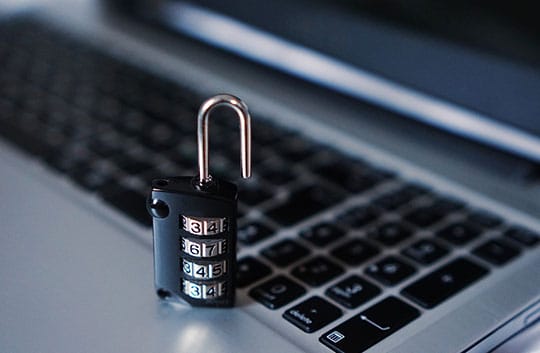The dark web’s name alone elicits connotations of something mysterious, a little dangerous, and above all, something that leads itself to exploration. Like traipsing the jungles of Borneo, where hardly any souls have dared to tread, the dark web is something that many of us are keen to try, if not simply for the experience.
The dark web is the side of the internet that mere regular internet users cannot access.
Accessible only by a special set of software and browser such as Tor, the dark web contains websites that cannot be found on the regular internet. In fact, these websites are often not even listed on dark web search engines – you need to know the exact URL to reach them. Not to mention the fact that dark web search engines are few and far between, and do not have the reach of the search engines like Google or Bing that you are accustomed to.
Navigating the dark web can be difficult, and even when you’re able to find what you’re looking for, the dangers of what you’re doing may outweigh the benefits.
The law and you

Simply because Tor and others are anonymizing software, does not mean that you are truly anonymous if you do not take precautions. The dark web is known for housing a lot of illegal content, such as extreme violence, sales of guns and drugs, and many other manners of illicit content.
Anything illegal in “real life” is illegal on the dark web, too. This means that if you are browsing something illegal on the dark web, it is illegal regardless if you were just curious if you could find it easily, stumbled across it accidentally, or found it intentionally.
The law may be still able to find and track you on anonymous networks. Although it is difficult, and usually relies on social engineering too, it is possible.
Access the deep web knowing the laws in your state.
For more information about internet security, the security related laws, and the latest up-to-date news on the deep and dark web, readers can visit DarkWebNews.com.
Others may track you, too

If the law might be able to track you, this means that nefarious types may also be able to as well. If someone can track you, find your online history, where you live, and even what you’ve been doing, it leaves you open to them being able to take advantage of you.
This could mean anything from stealing your identity to blackmail or other forms of fraud. Always be careful with your activities and identifying details on the dark web.
Trading on dark web marketplaces

Dark web marketplaces house trading of both legal and illegal goods alike, and purchasing or selling on these sites can be fraught with difficulties. Buying goods from vendors comes with the chances that you may never receive said goods, the seller may disappear instantly, they may be law enforcement posing as a legitimate seller, or they may be a legitimate seller who has flipped and is now an informant.
Trading as a seller, on the other hand, leaves you open to the possibility of law enforcement tracking you down – unless you are only involved in the sale of legal goods. You also have the possibility of the site suddenly shutting down, and suddenly you’ve lost Bitcoin in escrow due to the administrators’ exit scam, and have to build up a reputation on some other marketplace.
Phishing is rife

Phishing is common on the regular internet, but even more common on the dark web. Phishing involves accessing websites or emails that pretend to be from a legitimate site or company (such as your bank), that actually steal your login details and passwords, and use them on the real site, generally to drain funds from your accounts in this case.
This is especially rife on the dark web. Recommendations of services to use on forums, particularly related to Bitcoin services, often lead to phishing sites where your Bitcoin can get stolen. Because URLs on the dark web appear strange and convoluted when compared to typical URLs, it can be easy to mistake a real site’s address for a phishing address.
Another well-known phishing technique is inbox mail on dark web marketplaces purporting to be from the site’s administrators saying the site is being shut down, and redirecting you to their “new” site where you should enter your same logins for entry.
Final Words

The dark web is full of dangers, which makes it extremely important that you know the laws in your area, take the correct precautions to keep your identity safe and be very careful with dealing with other people and the sites that you’re perusing.





